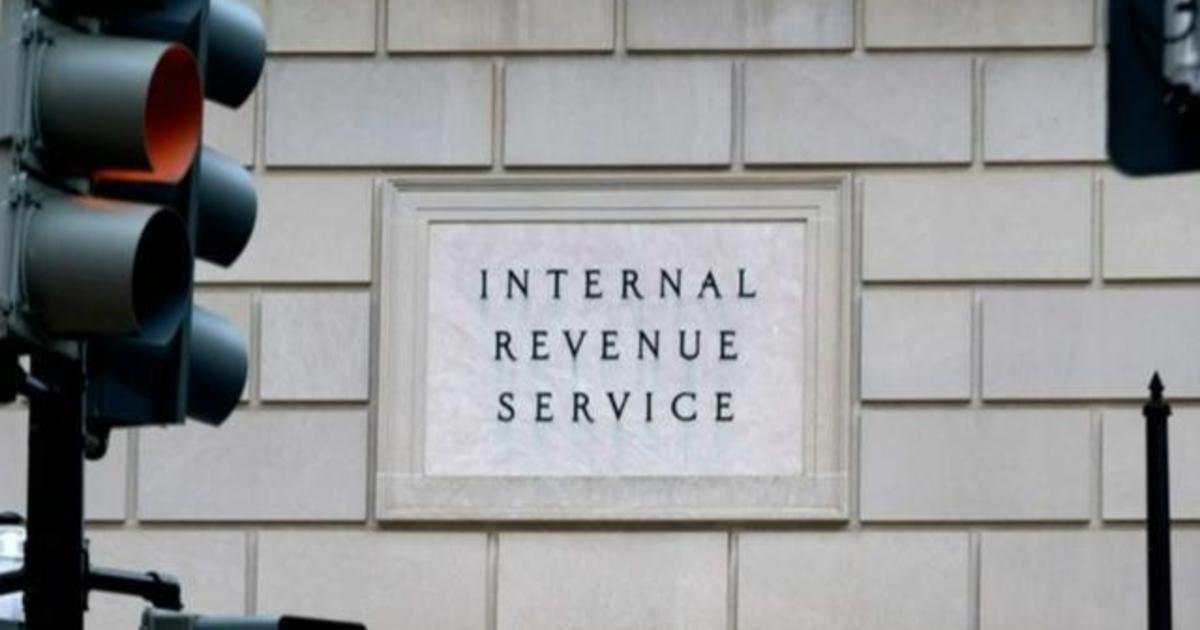The IRS announced on Friday its increased efforts to crack down on wealthy taxpayers with outstanding tax debts. This initiative stems from the Inflation Reduction Act, which granted the IRS billions of dollars in new funding to target millionaire tax evaders.
In its statement, the agency revealed its intention to pursue 1,600 millionaires who owe a minimum of $250,000 each in overdue taxes. Starting in October 2023 and ending in September 2024, the IRS plans to deploy “dozens of revenue officers” specifically dedicated to high-end collections cases.
The 2022 Inflation Reduction Act allotted $80 billion to the IRS, with over half of the funds designated for the hiring of additional enforcement agents. The objective is to increase tax revenue by focusing on wealthy taxpayers who intentionally conceal or underreport their income. These tactics are less prevalent among individuals with lower incomes due to the legal complexity and associated costs, as their income is typically reported to the IRS through W2s and other tax forms.
“If you pay your taxes on time, it should be particularly frustrating when you see that wealthy filers are not,” expressed IRS Commissioner Danny Werfel during a press briefing held in advance of the announcement.
In addition to targeting millionaires, the IRS will also increase its scrutiny of 75 large business partnerships with average assets of at least $10 billion. Furthermore, the agency intends to utilize artificial intelligence to identify tax evaders.
Audit rates and underfunding
Simultaneously, the IRS clarified that it has no intention of raising audit rates for individuals earning less than $400,000 per year. Some Republican lawmakers and right-leaning policy experts have expressed concerns regarding the new funding being used to target middle-income workers.
The IRS has experienced a significant drop in audit rates over the past few decades, mainly due to a decline in its workforce. In fiscal year 2021, the agency employed 82,000 workers, down from 94,000 in 2010, despite a growth in the U.S. population and the number of taxpayers.
While the number of individuals with incomes of $1 million has increased by 50% in the past decade, audits on million-dollar tax returns have decreased by two-thirds.
“The years of underfunding that preceded the Inflation Reduction Act resulted in the lowest audit rate for wealthy taxpayers in our history,” stated Werfel in a press release on Friday.
In 2021, a research team comprising academic economists and IRS researchers discovered that the top 1% of U.S. income earners fail to report more than 20% of their earnings to the IRS.
—With reporting by the Associated Press.
Denial of responsibility! Vigour Times is an automatic aggregator of Global media. In each content, the hyperlink to the primary source is specified. All trademarks belong to their rightful owners, and all materials to their authors. For any complaint, please reach us at – [email protected]. We will take necessary action within 24 hours.


